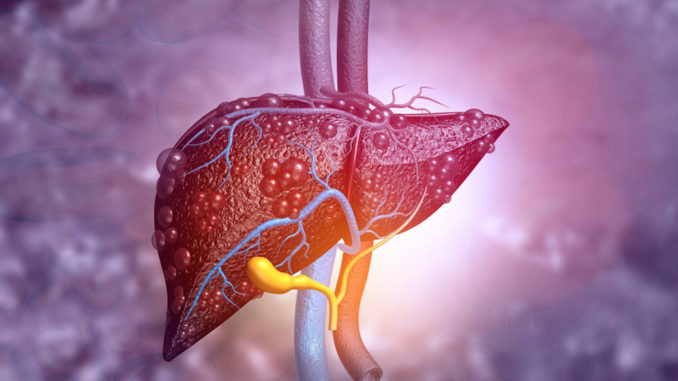
Second Genome, Inc., a clinical-stage company focused on the development of novel therapeutics identified through microbiome science, today announced that the first patient has been dosed in a Phase 2 clinical trial evaluating SGM-1019 for the treatment of nonalcoholic steatohepatitis (NASH). SGM-1019 is a first-in-class, oral, small molecule inhibitor of P2X7, a receptor that is involved in inflammasome activation and mediates inflammation and fibrosis.
“There are no approved therapies for NASH at this time, and, while there are many in development, SGM-1019 is directed at the inflammation underlying this condition,”
said Stephen Harrison, Medical Director of Pinnacle Clinical Research and the study’s Principal Investigator.
“We know that inhibiting P2X7 results in significant reduction in inflammation and fibrosis in preclinical models of disease and look forward to seeing the data from this study. SGM-1019 has the potential to provide a much needed treatment option for the growing number of patients with NASH.”
The Phase 2a randomized, double-blind, placebo-controlled study of SGM-1019 will enroll 100 patients with NASH at leading treatment centers across the United States. The trial (NCT03676231) is designed to evaluate the preliminary safety, tolerability, pharmacokinetics and efficacy (measured by ALT and MRI) of oral twice-daily dosing of SGM-1019 at two different dose levels. Top line data are expected in the first half of 2020.
“The advancement of SGM-1019 represents a significant milestone for the company, as it demonstrates our primary commitment to building a clinical-stage, diversified pipeline of small molecules, peptides, and proteins derived from our novel microbiome-based drug discovery platform,”
said Karim Dabbagh, president and CEO of Second Genome.
“We believe 2019 will be a defining year for Second Genome, with the team, platform, pipeline and vision in place to truly make a difference in the lives of patients. In addition to continuing to advance SGM-1019, we also expect our earlier programs to deliver clinical candidate molecules and early leads in our core indications.”
